Last week I watered my briefs. Really! I used a bucket and well water to irrigate the soil where I am conducting our soil health assessment with the Cotton Brief Challenge (See Part 1 and Part 2 of this series).
I was advised by a soil scientist that I might want to water my undies periodically to keep the soil microbes active since it has been so dry this spring and summer. Those of you participating in the cotton brief challenge may want to add a little water to your briefs as well if your test sites are not being irrigated.
Good Reasons to Care About Soil Health
As I was hauling my bucket of water around, I started wondering if folks might be asking, “Why should I care about soil health?” Let me share a few good reasons with you.
- Healthy soil is less likely to erode because it has an active population of microorganisms that produce “soil glue” that holds soil particles together. This creates spaces in the soil that allows water to infiltrate rather than immediately run off.
- Plants, either alive or dead, are often found year round in healthy soil. Plant roots help open spaces in the soil for water to infiltrate while the above-ground portion protects soil from wind and rain. This protection from wind and from the impact of raindrops keeps soil in its place rather than being carried into a ditch or stream.
- Keeping soil from washing away is important as no one wants what they own to be taken from them. Why would you willingly let your precious topsoil be carried off your property? Topsoil is the most fertile soil layer and is the basis of your farm or garden. This is important to your bottom line! Of course, it is also important for your plans for a good harvest from your farm or garden.
- Not only does your operation suffer when your soil erodes away, but there is also a public benefit to preventing erosion. Soil erosion has been identified as a significant source of water pollution. Sediment addition to streams can hurt aquatic life and, in many cases, our drinking water! These are a few more good reasons to care about soil health.
Healthy Soil is a Water-Retaining Sponge
Because healthy soil is high in organic matter, it will hold more water rather than losing it to runoff and evaporation. According to the US Department of Agriculture’s Natural Resources Conservation Service, organic matter will hold 18-20 times its weight in water and recycles nutrients for plants to use.
That means that one percent of organic matter in the top six inches of soil would hold approximately 27,000 gallons of water per acre. Something to think about when the weather turns hot and irrigation costs rise!
Make a Soil Health Plan Today
To receive these benefits from healthy soil, start your soil health plan today.
The first step is to assess the health of your soil by measuring the biological activity. The stronger your population of soil microbes, the healthier your soil. To get a great visual assessment of the microbial activity in your soil, simply bury a pair of 100% cotton briefs 6-8 inches deep. After 2 months, dig up your briefs. The cotton provides a food source for soil microbes, so the more degraded your underwear, the healthier your soil. You may already be waiting for your brief results if you joined us last week!
Even if your underwear looks pretty eaten up by soil microbes, good soil health is not a one-time thing. You must continue with practices that keep your soil healthy.
Next, outline the things you can do to enhance your soil function and improve crop growth. Remember the four basic soil health principles:
- Use plant diversity to increase the diversity of living organisms in the soil.
- Manage soils by disturbing them less.
- Keep plants growing throughout the year to feed the soil.
- Keep the soil covered as much as possible.
In the end, you will save energy by using less fuel for tillage and maximize nutrient cycling. You will save water and increase drought tolerance. You will reduce disease and pest problems because you will have healthier plants and you will improve your yields and your bottom line!
Want assistance in improving your soil health?
Contact the Clackamas Soil and Water Conservation District for technical assistance. Give us a call at 503-210-6000 or email us at [email protected].
Use hashtag #SoilYourUndies to spread the word about the Cotton Brief Challenge!





